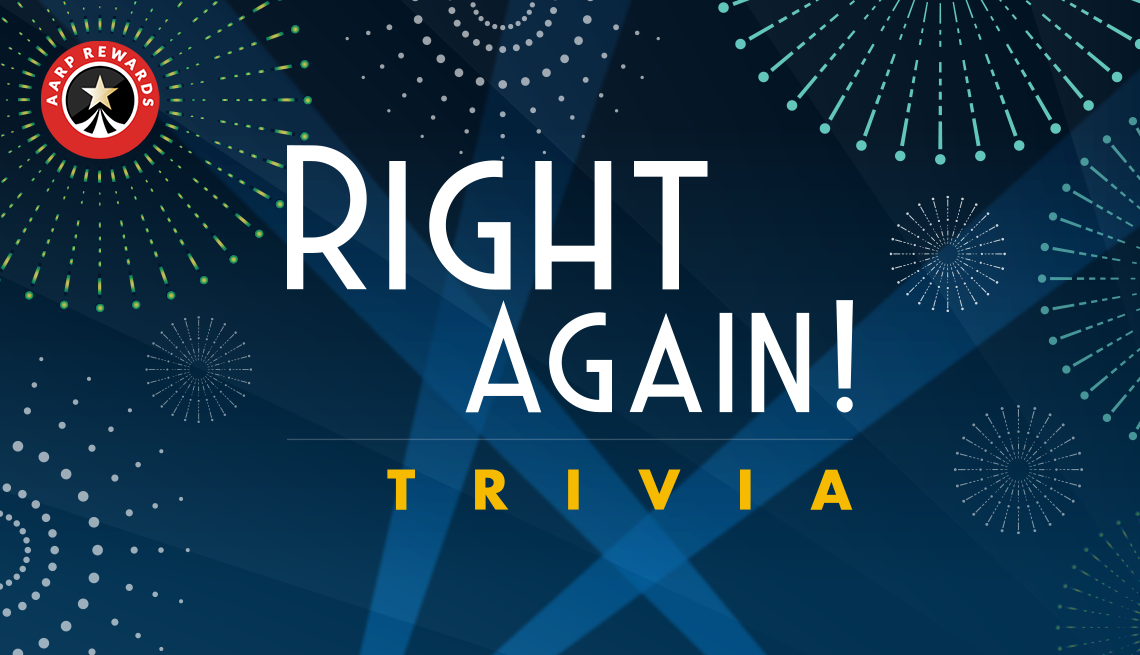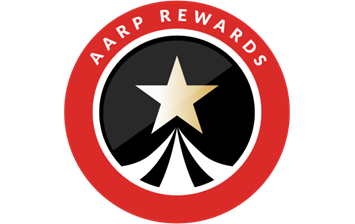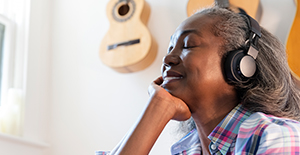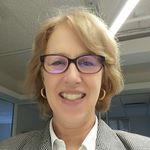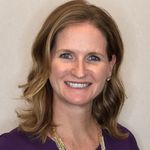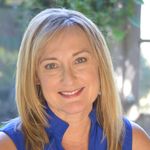A Eulogy for my Father Tonight I am going to recall briefly the fondest memories I have of my father: from my childhood to his death.
1. The adventuresome piggyback rides he faithfully gave me before I tumbled into bed.
2. The quiet camaraderie of our playing catch at the beach in between long bouts of reading in the sun.
3. The pride I felt when I heard my father sing in his passionate voice—whether he was at the synagogue or at a subway rest room.
4. His uninhibited weeping when he remembered his niece Dolly, who died from an incurable sickness as a teenager.
5. His uncontrollably contagious laughing at some outrageous TV comedy skit.
6. The spontaneous, stirring bravos my father gave, particularly at legendary Boston Symphony Hall and at the bandstand concerts at Revere Beach.
7. The awe I felt when he took me to Fenway Park to see the heroic Ted Williams and the anointed Boston Red Sox.
8. My delight when my father would enthusiastically ask me to go with him to a critically acclaimed movie or play or to a fashionable restaurant.
9. The warmth I felt when my father danced so elegantly and romantically with my mother.
10. The exhilarating times when my father, who was my English teacher in high school, with zeal (and typical Satz appeal) performed Shakespearean soliloquies while squatting or jumping on a desk.
11. The joy in his eyes when he watched my daughter dance free style or when he saw my son crawl towards his lap.
12. The tearful pleasure he showed when, during the first years he lived near us, my wife and I bought him some unexpected gift, especially a cabinet for his overflowing classical music collection.
13. The time when my father, traumatized by cancer, and fearing a total breakdown of his sanity, emphatically told me that he did love me.
14. And the moment when, after his painful convalescence at my home, my father said I was a mensch (a genuine human being)—perhaps the greatest tribute and attribute a father can give to his son.
To my Father's Oldest Friend
My father died from heart failure last September, after suffering from dementia, depression, paranoia, hallucinations (“See, the Nazis are coming; the Nazis are coming”), Parkinson’s disease, and prostate and bone cancer. He spent the last two years of his life in a nursing home across town, where he eventually got reconciled to his inevitable descent into oblivion. In fact, I think he died more at peace with himself than he had ever been when he had all his faculties intact. I was devastated by my father’s progressive deterioration. It took all of my strength to stay relatively sane during the medical crises that he not so patiently endured. The man who had such a tremendously powerful influence on me—for better and for worse—still haunts me in my dreams and in my daily routine. My feelings for him are painfully ambivalent. He tried to make me in his image, and I valiantly tried to win his approval. But as I grew older, I saw how flawed he really was, how human he really was.
My father never forgave you for leaving Revere to go 3000 miles away to California. He was desolate and felt betrayed. Then your critical success as a poet and college professor rankled him further—you became everything my father wanted to be. He envied you so much. Every time you sent him a new book you wrote or notified him about your advancing academic career, his jealousy was aroused, despite his desperate attempts to suppress it. He pitied himself excessively: if it weren’t for his family, he could have had his own renown as a violinist, cantor, scholar, actor, lover, superstar at large. But he had to live with diminishing expectations, and it hurt. He gradually became a functional alcoholic and a philanderer.
I don’t want you to think that have nothing but bitter memories about my father. I am attaching a tribute to him that I read at his funeral service held in my home—notably, not one relative bothered to attend, unlike when my mother died. If you would consider relating to me your impressions of my father, I’d like to add them to my recollections. Be as specific and frank as possible.
Ambivalence toward My Father
When my father was suffering from Parkinson's, metastasized prostate cancer, and dementia, I struggled along with him: I feared that the next phone call would be another ominous message about his imminent decline. For the most part, my father, heavily drugged, was disoriented, inattentive, and as expressionless as a zombie. Eventually, with the help of a counselor, I adjusted to his hopeless situation; and then I began the therapeutic process of disengaging emotionally from him.
But I did have some lapses, mainly when my father would break out of his stupor and prove that he had not lost his touch as a master manipulator. One incident occurred when he was staying with my family before entering a nursing home. With his hand clutched to his heart, he tearfully begged me to locate the off-duty nurse. It was an emergency: he was having trouble breathing. I panicked. I called the nurse and persuaded her to rush to my father's aid. The minute she arrived, my father became transformed. No more melodrama was needed to enlist my support. He winked at me and started to flirt with her (she was pretty attractive), petting her hand and declaring how much he had missed her. She squeezed his hand and asked him if he needed more pain medication. My father said that he didn't need anything but her soothing presence. He was in tremendous agony before, but he miraculously got so much better now that she was beside him. He duped me, and I was stupefied at his gall. He had triggered my anxiety about his health just to satisfy a whim, and I felt betrayed.
Even when my father's violent hallucinations landed him in the psych ward for a while, he could still be the puppeteer. Early one evening during one of my frequent visits, he became suddenly lucid. Without any histrionics, he bemoaned his pitiable spiral into the abyss. His life was so bleak that death would be a blessing. Because my father had always masked his feelings, I felt privileged to be his confidant. We were both crying. This moment was truly an epiphany. But just then, his doctor walked by. My father abruptly stopped crying and accosted him. I thought that my father was going to reveal something important to the doctor. Instead, he chuckled and conspiratorially asked if both of them could get an ice cream cone at the cafeteria. And off they went while I was left wondering what the hell had just happened. I probably should have given my father some slack. After all, he was in the psych ward. His moods would tend to change dramatically, but underneath it all, I still felt manipulated; and it hurt.
After my father died twenty years ago, I let go of my resentments. I forgave him for turning me inside out (inadvertently or otherwise), and I forgave myself for being so overly sensitive and short sighted. I have (with love) reconciled most of my ambivalent feelings towards my father. But I still have work to do.
A peer evaluation of my father just before my father retired from Lexington High School in 1973.
“He is respected and like by peers and students…His courses are exciting, demanding, yet popular…He has a magic touch with courses. He understands his students. He has a leavening sense of humor under all circumstances. He is an example of excellence in teaching. DON’T RETIRE NEXT YEAR!”
Written by a teacher at Lexington High School regarding my father’s death in 1988:
“He was a scholar and a humane, compassionate person—vibrant and dynamic.”
From my father:
Twelve years
A dozen uncracked eggs
Erica under the wire
144 months of joy
A marriage made in heaven
And lived on earth.
A MINUS BECOMES A PLUS
During my last year in junior high school, I signed up for a writing contest entitled "What Does Patriotism Mean to me?" My father, a high school English teacher, asked me to show him my rough draft. Obviously thinking that my paper was mediocre, he dictated to me his rendition of patriotism. It sure sounded better than mine. I ripped up what I had written and passed in his version. I had always faithfully carried out what my father asked me to do—he was my god as I was growing up. Never had I questioned his authority, even when he did something unscrupulous.
Well, I tied for first prize. To formally commemorate this achievement, I and my co-winner were to read our compositions to a school assembly packed with students and their parents. Having to speak in front of so many people would normally give me the shakes, but knowing that I was about to read a paper that my father wrote for me added extra layers of apprehension. Nonetheless, I did remarkably well, not faltering once in my presentation.
The next day, however, I began to feel ashamed, especially when I heard a classmate whisper to his friend that I had most likely plagiarized my paper and that my father was probably behind the deception. But I didn't let guilt get the best of me. Instead of confessing to anyone about my cheating, I accepted my ill-gotten fame. What I did vow, though, was this: never would I let my father help me with any of my other English assignments.
The following year, I was selected to be in the first Accelerated Class at the high school. All fifteen of the most scholastically outstanding students were to take the same classes with the same teachers for our three years of high school. And guess who was to be my English instructor for that period of time? My father! To our mutual credit, not once in those three years did I and my father conspire in helping me write any of the compositions for his class or for any other ones. Although some students complained that I received high grades because of my father's influence, I didn't care because I kept a constant vigil over my integrity.
In my senior year, however, my resolve was tested when I entered a writing contest about "Changes I Would Make." This time, I vowed not to let my father look at my work. Nor would I give him any information about how I was going to approach the subject. To his credit, he didn't interrogate me or even ask me how I was doing, although he might have been tempted to do so. At the assembly, my father watched anxiously as I got up to the podium. He was even more nervous than I was. My speech, which actually predated many of the initiatives in Kennedy's New Frontier, was flawless. I won first place, all on my own. I reveled in my accomplishment.
Twenty-five years later, I had my own son. Every time he had a writing project in middle or high school, I was itching to help him make it better. But remembering my father's misguided intervention in my first writing contest, I, at the most, made minor grammatical revisions—and only when my son asked for my aid. By successfully fighting against my father's undue influence on me, I was able to let my son make his own mistakes and earn his own recognition.
A Flashback to a Glorious Day
Today, my back hurts from lugging and lifting some luggage during the flight to Honolulu and, once we got there, from one condo to another a few blocks away. When I was a teenager, however, I never had trouble with my back no matter how heavy or cumbersome the load.
In fact, my father, who was head of the English department at Revere High School, relied on me to carry all of the grammar and literature books from central headquarters to the designated classrooms at the beginning of each year. He had a bad back; but he could rely on mine. I didn’t disappoint him; I didn’t complain; I carried dozens of books at a time through mazes of corridors, up and down twisting staircases (there was no elevator at the school) until I reached my goal—pain free and proud to have helped my father. He appreciated my spirited efforts. He even called me “Butch,” a term of endearment he reserved for special moments.
One time, while I was transporting an extraordinarily heavy heap of novels, “Tiny” Newman, the monster bully of the high school whom I avoided at all costs, noticed me as he was walking with his buddies. I figured, nasty as he was, he would try to trip me or just knock over the stack. Instead, he suddenly stopped, stared at me, nodded approvingly, and then said something I will always remember: “Good job, Satz.”
That same day I was praised by my father, reputed to be the school’s top scholar, and by a guy who most likely would end up being a wiseguy for the Mob: Ironic bookends, eh?
CRYING IN PUBLIC
About ten years after my father died, my wife urged me to go with her to a grief seminar that she was required to attend as a school counselor. I emphatically told her that I had neither interest in nor need for a grief fest because, after all, I had already resolved any residual love-hate issues with my alcoholic father. Even though I maintained that I would be repulsed by the touchy-feely marathon that I had envisioned, my wife prevailed.
Our seats were close up and in the center; and we were surrounded by women eager to lap up heaps of psycho- babble. I preferred to be in an aisle seat far back so that I could discretely leave if I found the spectacle as distasteful as I figured it would be. Oddly enough, the speaker was a soft-spoken, middle-aged man, hardly the showman that I had expected. He used no histrionics—he began by soberly reflecting on a few childhood memories of his deceased father.
At first, I was unmoved. But when he described the piggyback rides his father gave him, I was reminded of the precious times that my father carried me on his shoulders from the den to my bedroom. I immediately felt flushed. Then rivulets of unwelcome tears burned my eyes. They just wouldn’t stop, no matter how frantically I tried to wipe them away. Embarrassed, I looked around, hoping to see other people so visibly emotional. But I was the only one distraught enough to sob. I was trapped, and I kept crying intermittently until the speaker said it was time to take a break.
Thank God! Now I could escape. I told my wife that I was too wrought up to go through another session: I would wait in the lounge and meet her there later. But I wasn’t getting off that easily. She said that I should give it another try. We’d sit at the back of the auditorium near an aisle—all would be well. My wife, as usual, was right. For whatever reason, I surprisingly maintained my composure for the rest of the seminar. When we got home, I realized that I likely had plenty of unexamined grief that I needed to confront.
Although I had always scorned support groups (they were for the weak minded and weak willed), I soon joined Adult Children of Alcoholics; and now I am in Al-Anon. At the meetings, occasional crying—by male or female—is normal; it is never stigmatized. I myself have unashamedly wept when sharing painful or cherished memories. I have learned that to repress is human; to cry, divine.
schlomo



































































